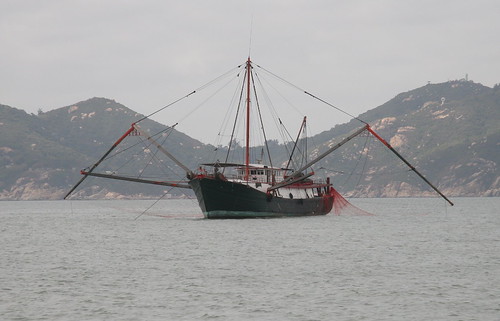
Once widely considered a desirable endpoint for all nations, democracy’s seeming benefits are now openly questioned by many. The poor results of democratization in Afghanistan and Iraq, along with the rise of economically successful non-democracies such as China, have caused democracy promotion to lose some of its luster. So, given these recent trends, what are democracy’s prospects for the future?
This question was the primary focus of a recent panel discussion hosted by the Forum Aussenpolitik (foraus) and NCCR Democracy at the University of Zurich. Entitled “Democracy Promotion: Lessons from Different Regions of the World,” the discussion featured three experts who analyzed the ways and means of democracy promotion; its feasibility; how and whether it should be encouraged, and its successes and failures.




